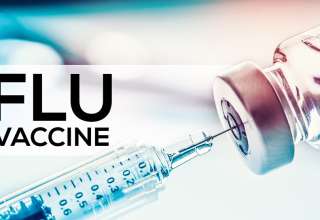
Lie detector tests are based on the premise that deception triggers detectable physiological responses, including changes in respiration, blood pressure, and galvanic skin response (GSR). This connection between physiological cues and lying has fascinated investigators and decision-makers for years, offering a promising method to uncover truth through scientific means.
Supporters of lie detector tests argue that these physiological signals offer valuable insights into an individual’s mental state, providing a supplementary approach to traditional interrogation methods. In critical investigations where the repercussions of falsehoods or hidden information are substantial, the perceived capacity to identify deception holds considerable allure.
Role of credibility assessment
The primary reason for the continued use of lie detector tests is their perceived value in assessing the credibility of individuals involved in investigations. Whether it’s a suspect, witness, or potential confidential informant, the ability to gauge truthfulness is crucial in determining the course of an investigation and the allocation of resources. Law enforcement agencies, intelligence services, and private organizations often rely on polygraph examinations to vet the truthfulness of individuals during pre-employment screening or security clearance processes. The belief that lie detector tests can help identify potential risks or threats contributes to their ongoing utilization in sensitive contexts.
Deterrence and leverage
Beyond their purported ability to detect deception, lie detector tests also serve as a deterrent or leveraging tool in investigations. The mere prospect of being subjected to a polygraph examination may discourage individuals from withholding information or engaging in deception, potentially leading to more forthcoming and truthful accounts. Furthermore, the results of a polygraph test, whether interpreted as deceptive or truthful, are used as a bargaining chip or leverage in interrogations, plea negotiations, or other legal proceedings. This perceived psychological advantage has contributed to the enduring use of lie detector tests in certain investigative contexts.
Efforts to refine and improve
Despite the controversies surrounding lie detector tests, efforts are underway to refine and improve the accuracy and reliability of these investigative tools. Researchers and practitioners are exploring new technologies and techniques, such as brain imaging and eye-tracking, to complement or enhance traditional polygraph methods. There is a growing emphasis on standardizing protocols, improving examiner training, and developing more sophisticated algorithms for data analysis and interpretation. These efforts aim to address some of the criticisms and limitations associated with lie detector test south carolina, potentially increasing their credibility and applicability in modern investigations.
The enduring use of lie detector tests in modern investigations is a testament to the enduring quest for truth and the perceived value of physiological evidence in uncovering deception. While their efficacy and reliability remain subjects of ongoing debate, these tests continue to hold appeal as credibility assessment tools, deterrents, and leveraging instruments in various investigative contexts. As technology advances and our understanding of human behavior deepens approach lie detector tests with a critical eye and a commitment to ongoing research and improvement. By addressing their limitations, refining methodologies, and adhering to robust ethical and legal frameworks, these investigative tools may continue to play a role in modern investigations, complementing other forensic techniques and contributing to the pursuit of justice and truth.














